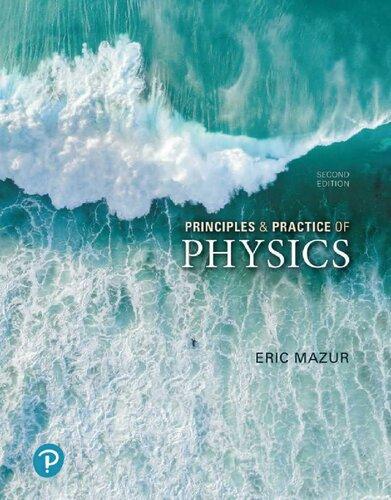One cosmonaut orbited Earth for 437 days, as measured by Earth clocks. His speed of orbit was
Question:
One cosmonaut orbited Earth for 437 days, as measured by Earth clocks. His speed of orbit was \(7700 \mathrm{~m} / \mathrm{s}\) relative to Earth during this time interval. Assume two clocks were synchronized on Earth, and one went into space with the cosmonaut while the other remained on Earth. You are interested in knowing by how much the clock readings disagree at the end of the 437 days. What are some problems with applying Eq. 14. 13 to this situation? What information other than the cosmonaut's speed relative to Earth might you need to know? If you used Eq. 14. 13, would you expect the clock readings to be very different from each other?
Data from Eq. 14. 13

Fantastic news! We've Found the answer you've been seeking!
Step by Step Answer:
Related Book For 

Question Posted:





